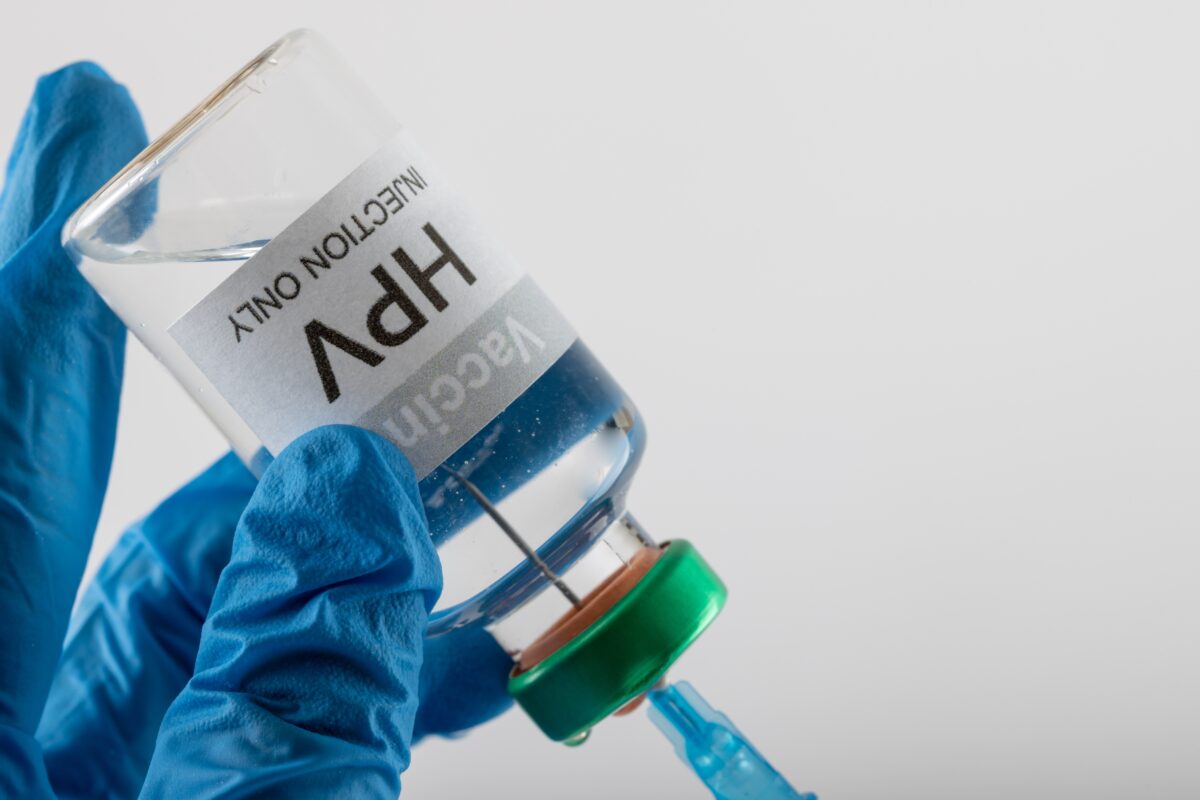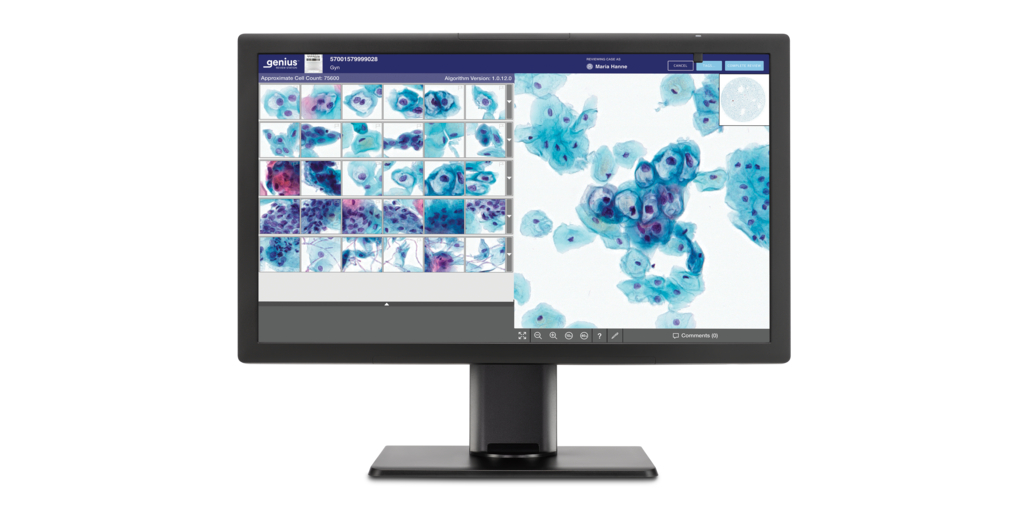 UK scientists have developed a ‘sponge on a string’ test, which could replace endoscopies when determining a patient’s risk of developing esophageal cancer. The test could see the most clinical utility in assessing patients with Barrett’s esophagus, a condition resulting in cell damage due to recurrent acid reflux.
UK scientists have developed a ‘sponge on a string’ test, which could replace endoscopies when determining a patient’s risk of developing esophageal cancer. The test could see the most clinical utility in assessing patients with Barrett’s esophagus, a condition resulting in cell damage due to recurrent acid reflux.
Researchers from the University of Cambridge used the test – formally known as a cytosponge – on 468 patients with Barrett’s esophagus. Due to the consistent exposure of esophageal cells to harsh acid in the stomach, patients with Barrett’s esophagus can face a higher risk of developing esophageal cancer.
When used in combination with additional laboratory tests, the cytosponge was able to identify that 35 percent of the patients who took part in the study were at a low risk of developing cancer of the esophagus. The results suggest that these patients may be able to forgo regular hospital-administered endoscopies in favour of the less-invasive cytosponge.
“Most people who have Barrett’s esophagus will not go on to develop esophageal cancer, but at the moment there is no way of identifying who will and who won’t,” said lead researcher Professor Rebecca Fitzgerald, based at the MRC Cancer Unit at the University of Cambridge. “Our study is the first step in using the cytosponge to answer this question.”
As well as being an expensive procedure to perform, endoscopies can be uncomfortable for patients as a camera is inserted down the throat to collect a sample of esophageal cells for analysis. In comparison, the cytosponge is comprised of a pill attached to a string, which is swallowed by the patient. Once the pill reaches the stomach it expands, allowing the cytosponge to collect cells from the esophagus as it is pulled back up the throat.
“It would be good news for patients if the cytosponge test could be used to replace uncomfortable endoscopies for some people,” said Jessica Kirby, Cancer Research UK’s senior health information manager. “Twelve per cent of people with esophageal cancer survive for at least 10 years, and part of the reason for the lower survival could be that the disease is often diagnosed at a late stage. Research like this helps us to understand more about the disease and could help doctors better predict who is at risk of esophageal cancer.”
Fitzgerald says they plan to begin testing the cytosponge in larger clinical trials next year. The research was published in The Lancet Gastroenterology & Hepatology.












Join or login to leave a comment
JOIN LOGIN